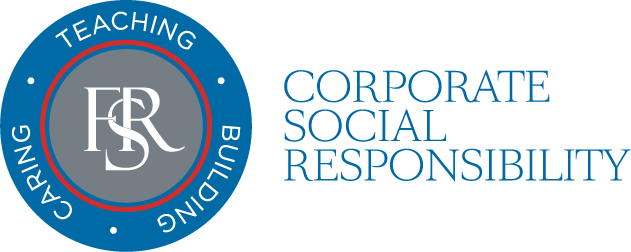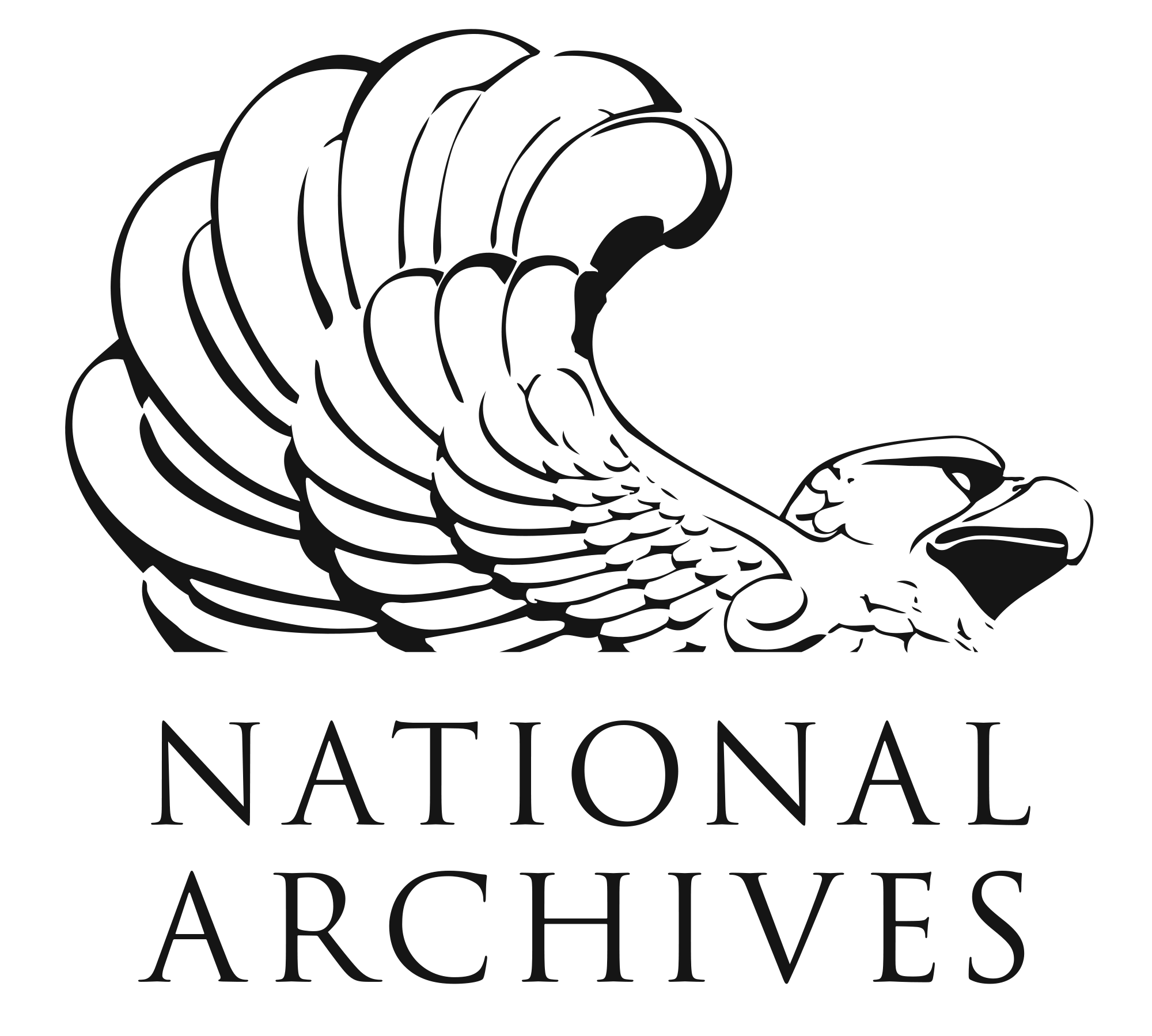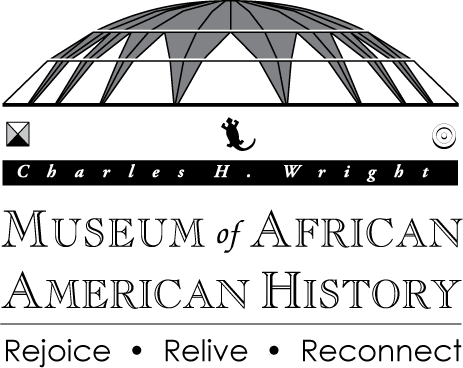FOUNDING
President Abraham Lincoln established the Freedman’s Bank on March 3, 1865 as part of the Freedman’s Bureau. As the Civil War drew to a close, the United States Congress and President Lincoln recognized the need to aid newly freed black men and women in their transition to freedom. To support the land grants and other elements of the Freedman’s Bureau Act, a Freedman’s Bank was established to help newly freed Americans navigate their financial lives. Call it the financial literacy program of its day.
During it’s existence, The Freedman’s Bank maintained some 37 offices in 17 states, including the District of Columbia. At it’s height, the Bank had over $57 million in deposits (adjusted for inflation) and 70,000 depositors.
Five weeks after the creation of the Freedman’s Bank, President Lincoln was assassinated.
Seven years later, In June of 1872, the U.S. Congress voted to permanently close the Freedman’s Bureau. The Bank however remained operational and in 1874 Frederick Douglass was asked to run the Freedman’s Bank as its D.C. branch relocated to a new home across from the U.S. Department of Treasury, in a grand building which cost $260,000 to construct.
THE HALF HAD NOT BEEN TOLD
When Frederick Douglass arrived at the Bank’s new location in Washington D.C. he wrote:
“The whole thing was beautiful. I had read of this bank when I lived in Rochester, and had indeed been solicited to become one of its trustees, and had reluctantly consented to do so: but when I came to Washington and saw its magnificent brown stone front, its towering height, its perfect appointments, and the fine display it made in the transaction of its business, I felt like the Queen of Sheba when she saw the riches of Solomon, that ‘half had not been told me’.”
When Douglass came on as the Bank’s director however, he found rampant corruption within the Bank and risky investments across industries being made with depositor’s savings. In a desperate attempt to stabilize the Bank, Douglass invested $10,000 of his personal funds, but sadly, later that year, in June of 1874 the Bank failed against the backdrop of the political forces that undermined Reconstruction.
Freedman’s Savings Bank Fact Recap
US Branches
Depositors
USD In Deposits
LEGACY
Before it failed, the Freedman’s Savings Bank had 37 branches operating in 17 states and the District of Columbia and lost a total of 3 million dollars. In the District alone over 3,000 depositors—both individuals and cultural institutions—lost their savings. While the failure of the Freedman’s Bank was tragic and left many African Americans with feelings of distrust of the American banking system, the records created by the bank are a rich source of documentation for black family research for the period immediately following the American Civil War. The records of twenty-nine branches of the Freedman’s Savings Bank, including those of the Washington D.C. office, still survive today and are searchable at the National Archives.
What make these records so important are the thousands of signature cards that contain personal data about the individual depositors. In addition to the names and ages of depositors, the files can contain their places of birth, residence, and occupations; names of parents, spouses, children, brothers, and sisters; and in some cases, the names of former slave owners. These records of the individuals, who lived through the transition from slavery to freedom, are the keys that allow their descendants to unlock the mysteries of their largely undocumented family histories.
Within these records are stories that reveal struggle, sacrifice, courage and determination; stories that must be told to our children and left for future generations.
RENAMING
On January 7, 2016, at the urging of Operation HOPE’s Founder & CEO, Secretary Lew publicly renamed the Treasury Annex Building, The Freedman’s Bank Building, in honor of the site where the Freedman’s Saving Bank once stood. Former Mayor of Atlanta and Senior Advisor to Martin Luther King Jr, Andrew Young gave opening remarks and positioned the historic ceremony within a broader history. The Secretary of the Department of Treasury, Jack Lew, then gave remarks and honored the historic legacy of the Freedman’s Bank as well as the work of those who had helped to bring the history to light.
FULFILLING ITS CHARTER
Operation HOPE is fulfilling the unfinished charter of The Freedman’s Bank. Approximately 50 million, or 1 in 6 Americans are not a part of the financial system and are what the FDIC would call “unbanked” or “underbanked.” These individuals rely on payday lenders, check cashers, and do not hold traditional checking or savings accounts. Operation HOPE helps bank the “unbanked and underbanked” and also provides financial counseling to those who are banked, so that they can better manage financial decisions. We offer this financial education and counseling to youth and adults nationwide and are excited to shed light on the history of the Freedman’s Bank as we continue that legacy.
In order to unearth the important history of the Freedman’s Bank, Operation HOPE, the National Archives, and the U.S. Department of Treasury have come together to shed new light on the involvement of black Americans in the highest ranks of the U.S. Financial System. Here you can find rare photos taken from the U.S. Department of Treasury which show that history.
What They're Saying
“The 18th Congressional District of Houston, Texas has a long historic Freedman’s legacy and I am proud to see that the U.S. Treasury Annex will be renamed the Freedman’s Building. This is a historic decision by President Obama and his Administration and I support this monumental act to preserve American history. None of this would have been possible without the leadership and persistence of John Hope Bryant and Operation HOPE whose mission continues the objective of the historic Freedman’s Bank – to provide financial freedom and access to capital for everyone.”
Congresswoman Sheila Jackson Lee“The U.S. Treasury Department has taken an important step forward by deciding to rename the Treasury Annex building to acknowledge the truth of America’s history. By changing the name to Freedman’s Bank Building the department is recognizing the importance of historical attempts to address the great economic divide and wealth inequality gaps of African-Americans following emancipation in 1865. At this time of deepening wealth and income inequality gaps in America, this is a critical time to recognize the truth of the legacy of slavery and the systemic institutional inequality that still exists and must be addressed today.”
Marian Wright Edelman“We applaud the decision to rename the Treasury Annex as the Freedman’s Bank Building, as it will serve as a reminder of the progress in our industry and an encouragement to continue the practice of inclusion,”
Bill Rogers“The Freedmen’s Bank served as an important part of the Reconstruction effort, as Lincoln’s vision included the need for newly freed slaves to learn about money. Today, as the Treasury Department renames the Treasury Annex Building the Freedmen’s Bank Building, we must acknowledge that money, banking and credit, and access to it on fair terms , are integral to today’s civil rights agenda. The National Urban League, as the civil rights community’s economic empowerment champion, congratulates Treasury Secretary Lew on this important step.”
Marc Morial“In 1992, following the Los Angeles Riots, I, alongside other private sector leaders, led an effort called Rebuild L.A. During this period it became clear to me the effects that lack of access to basic services, like mainstream banking, can have on an individual, and the potentially devastating effects when access is lacking for an entire community. The Freedman’s Bank stands for equal access, and furthermore, represents a commitment by those in leadership to not only provide the access, but to also provide the education and opportunity for those who are under-served to become full participants in America’s democratic and capitalist society. Operation HOPE, founded by John Hope Bryant at the same time I engaged with Rebuild L.A., continues to pursue the dream of economic equality and I am proud to call myself a friend and supporter of John and Operation HOPE, and extend my appreciation for HOPE’s role in the renaming of The Freedman’s Bank building.”
Peter Ueberroth“South Africa and the United States may be continents apart, but we share the same God inspired desire for all people to be free, to be who they want to be. Freedom of expression, ability, and aspirations too. We did not have a (President) Lincoln in South Africa, but we did have a Mandela, and we successfully re-imagined a new country, and a new Constitution here, which sought to set the best in all people free — to be. This is the essence of what it appears Lincoln desired too, when he dreamed up the Freedman’s Bank, in 1865. The same essence that inspired the great Abolitionist Frederick Douglass to run the bank after Lincoln’s untimely death.
In times like these, it is good to see leaders doing good, for no other reason than it is so. Good for all of the people. For this reason I take time to highly commend the US Treasury Department and Treasury Secretary Jack Lew, for taking this important step of renaming their Treasury Annex Building, directly across from the White House and the main Treasury building in Washington, DC, to the Freedman’s Bank Building. This simple but important historical gesture, has the potential to give dignity and context to countless children — that will now hear this story as their story, as they are told the story of America itself.
There is untold power, in being told — in knowing — that we are all ONE. We all have the same worth, and the same value. Commendations all. Arch.”
Archbishop Desmond Tutu“As a former Treasury official, I’m delighted to see Sec. Lew recognize the historical significance of the Freedman’s Savings and Trust by renaming the Treasury Annex building in its honor. When visiting Washington, Americans will now be reminded of this extraordinary financial institution and its important role in 1865 of helping African Americans become part of the American dream. This principle of including all Americans in our country’s financial system is as important today as it was 150 years
ago.”
Our Sponsors
Follow Us

















